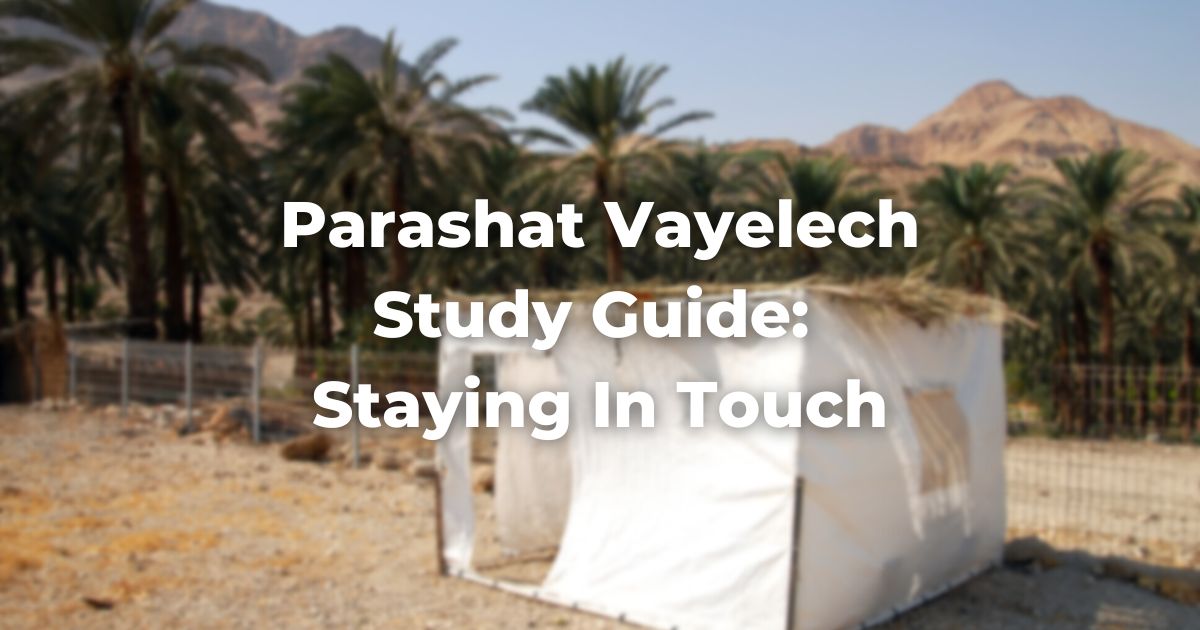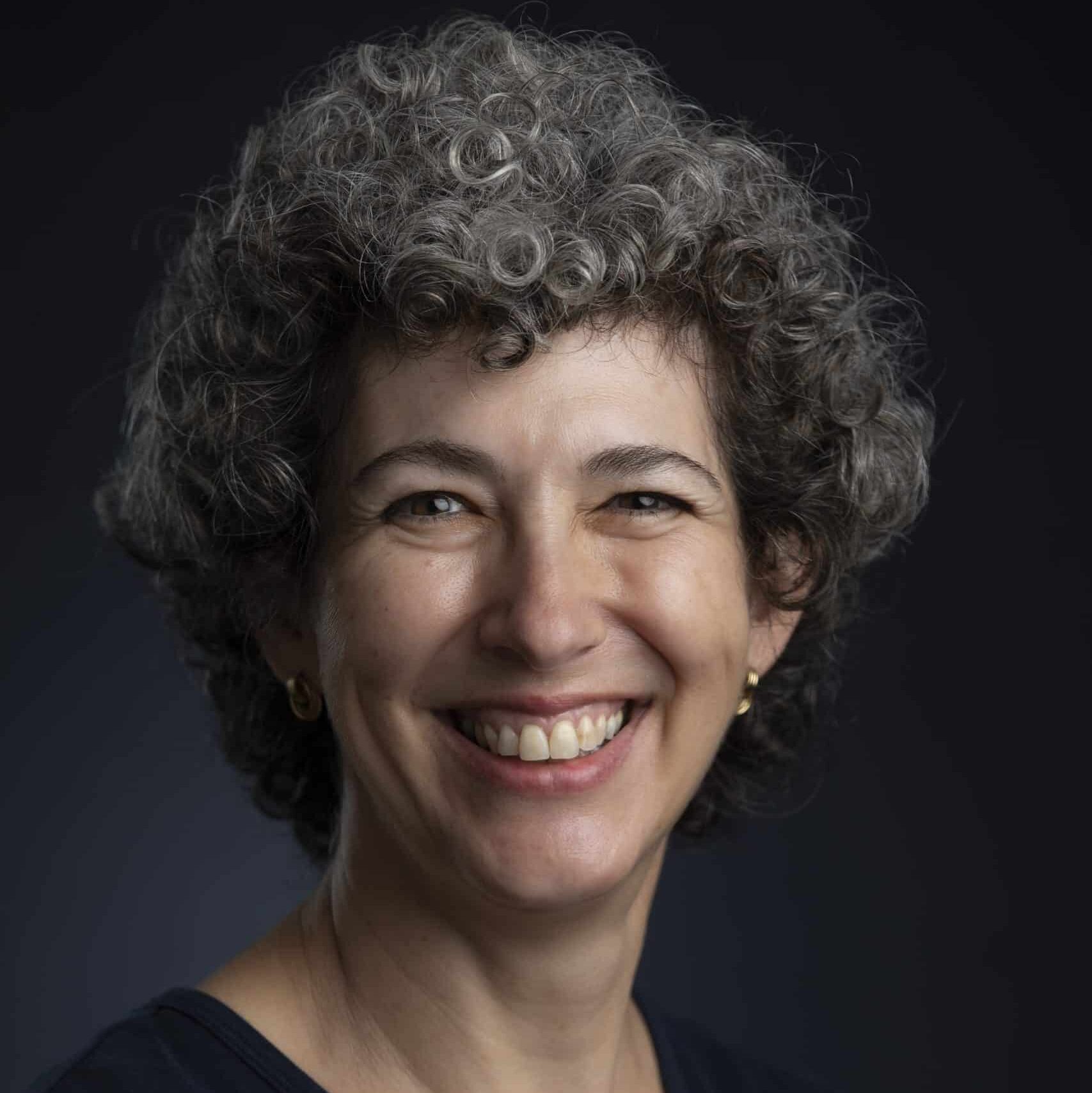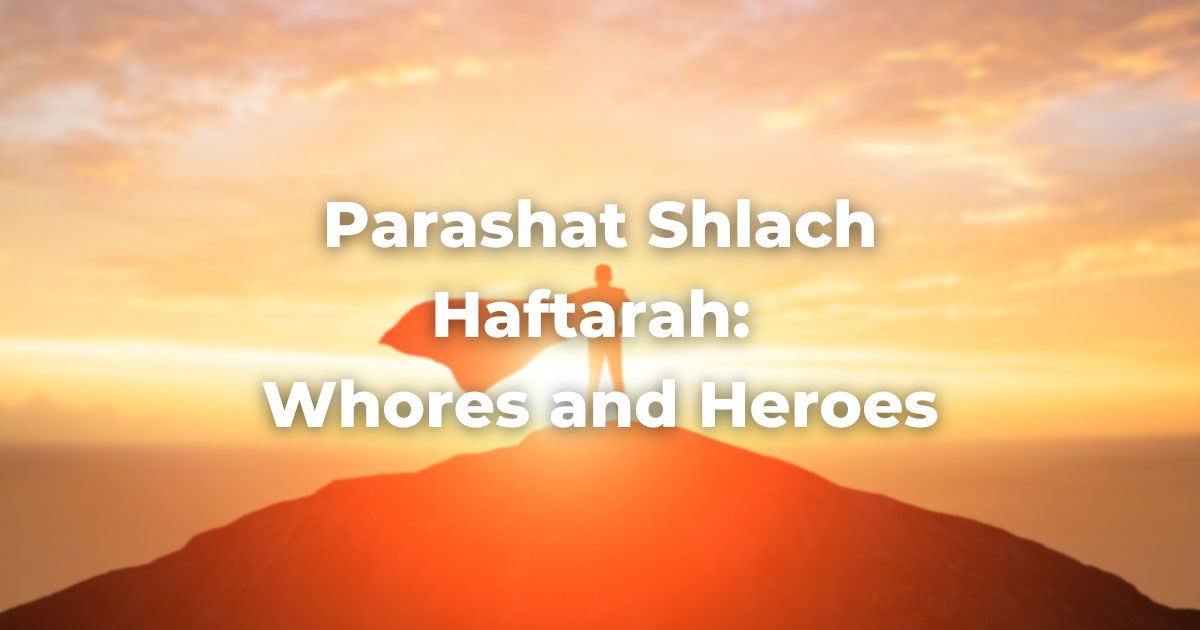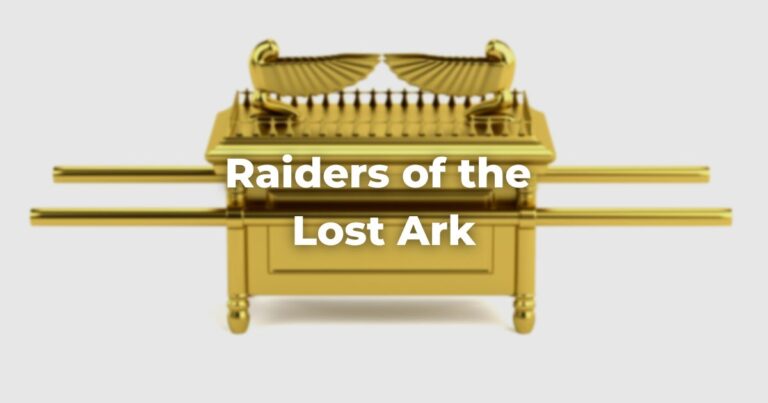Text: Devarim 31:10-13
10 And Moshe commanded them, saying: At the edge of seven years, at the appointed time in the year of Shemitah, at the Feast of Tabernacles, 11 when all Israel comes to appear before the Lord your God in the place which He chooses, you shall read this TorahRefers to the first five books of the Hebrew Bible, the Tanakh, also called the Five Books of Moses, Pentateuch or the Hebrew equivalent, Humash. This is also called the Written Torah. The term may also refer to teachings that expound on Jewish tradition. Read more before all Israel in their ears. 12 Congregate (Hak’hel) the people, men and women and little ones, and the stranger who is within your gates, that they may hear and that they may learn to fear the Lord your God and carefully observe all the words of this Torah, 13 and that their children, who have not known it, may hear and learn to fear the Lord your God as long as you live in the land which you cross the Jordan to possess.
- What is the purpose of reading the Torah to the people once every seven years?
- When is this event supposed to take place? When is the edge of the year? Why do you think that this ceremony should be at this specific time?
- How is this connected to the covenant that we learned about last week?
Commentary: Rashi on Devarim 31:10
At the edge of every seven years—In the first year of Shemitah—in the eighth year (Sotah 41a). Why does Scripture call it the “Shemitah-year,” (implying the seventh year)? Because the law of the “seventh year” still applies to it, viz., in connection with the harvest of the seventh year’s produce that goes forth into the year following the seventh year.
- Shemitah is used to refer both to the seventh year and to the cycle of seven years. How does Rashi understand it here?
- When should Hak’hel take place? Why would this be a logical time to perform it?
- How does Rashi understand the meaning of “the edge of the year”?
Commentary: Ibn Ezra on Devarim 31:10-13
At the edge of every seven years—At the beginning of the year.
That they may learn—The entire year. Similarly, on Shabbat.
- How does Ibn Ezra differ from Rashi in his understanding of “the edge of the year”? What is the logic of reinforcing the bond through the Torah at the beginning of the Shemitah year?
- Ibn Ezra draws a comparison between Shmitah and Shabbat regarding the learning of Torah. How does he understand the purpose of the Shemitah year? (Leviticus 25:1-7 strengthens his case.)
Commentary: R. Joseph Bechor Shor Devarim 31:10
At the Feast of Tabernacles, when all Israel comes—During the Shmitah all of Israel come for the pilgrimage since they are not plowing and sowing, and they have no fruits in the field that need guarding, and they are not harvesting, so they will all come since they are free and will hear the Torah.
- Does Bechor Shor read “the edge of the year” as Rashi or as Ibn Ezra? (This could be debated. What are your arguments?)
See more: Parashat Vayelech
Originally posted as part of the Conservative Yeshiva at the Fuchsberg Jerusalem Center’s Torah Sparks. Support Torah learning from the Fuchsberg Jerusalem Center/Conservative Yeshiva for leaders and seekers around the world here.
Authors
-

Vered Hollander-Goldfarb teaches Tanach and Medieval Commentators at the Conservative Yeshiva and is a regular contributor to Torah Sparks, FJC’s weekly message on the weekly Torah portion. She received her M.A. in Judaic Studies and Tanach from the Bernard Revel Graduate School of Yeshiva University and studied at Bar-Ilan University and the Jewish Theological Seminary. Before making aliyah, Vered taught at Ramaz School and Stern College in New York.
View all posts -



The Fuchsberg Jerusalem Center (FJC) is a home in the heart of Jerusalem where leaders and seekers can find an authentic place in Jewish tradition to call their own. FJC offers opportunities to study, pray and explore within an egalitarian and inclusive setting, creating multiple pathways for finding personal and communal meaning.
View all posts






